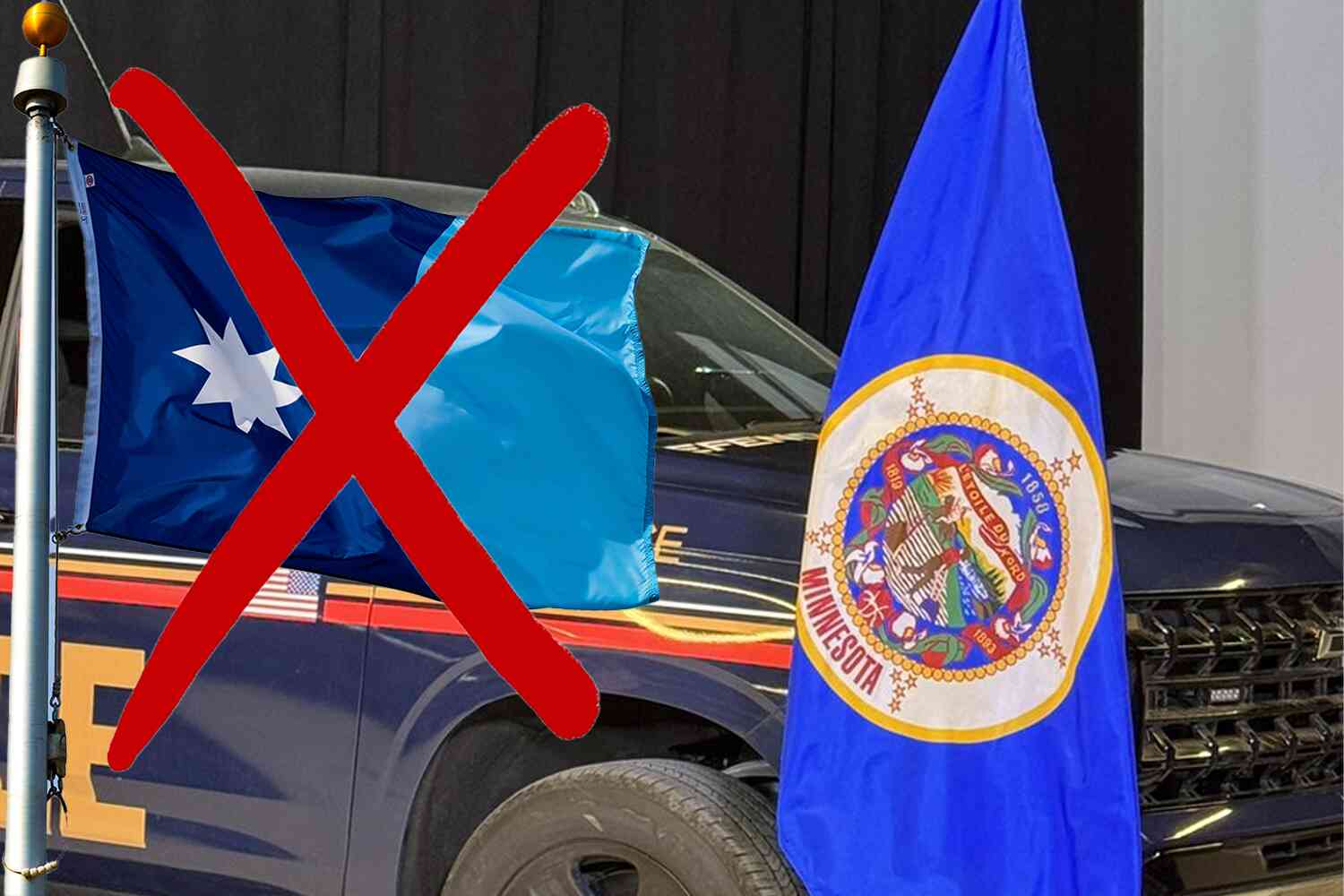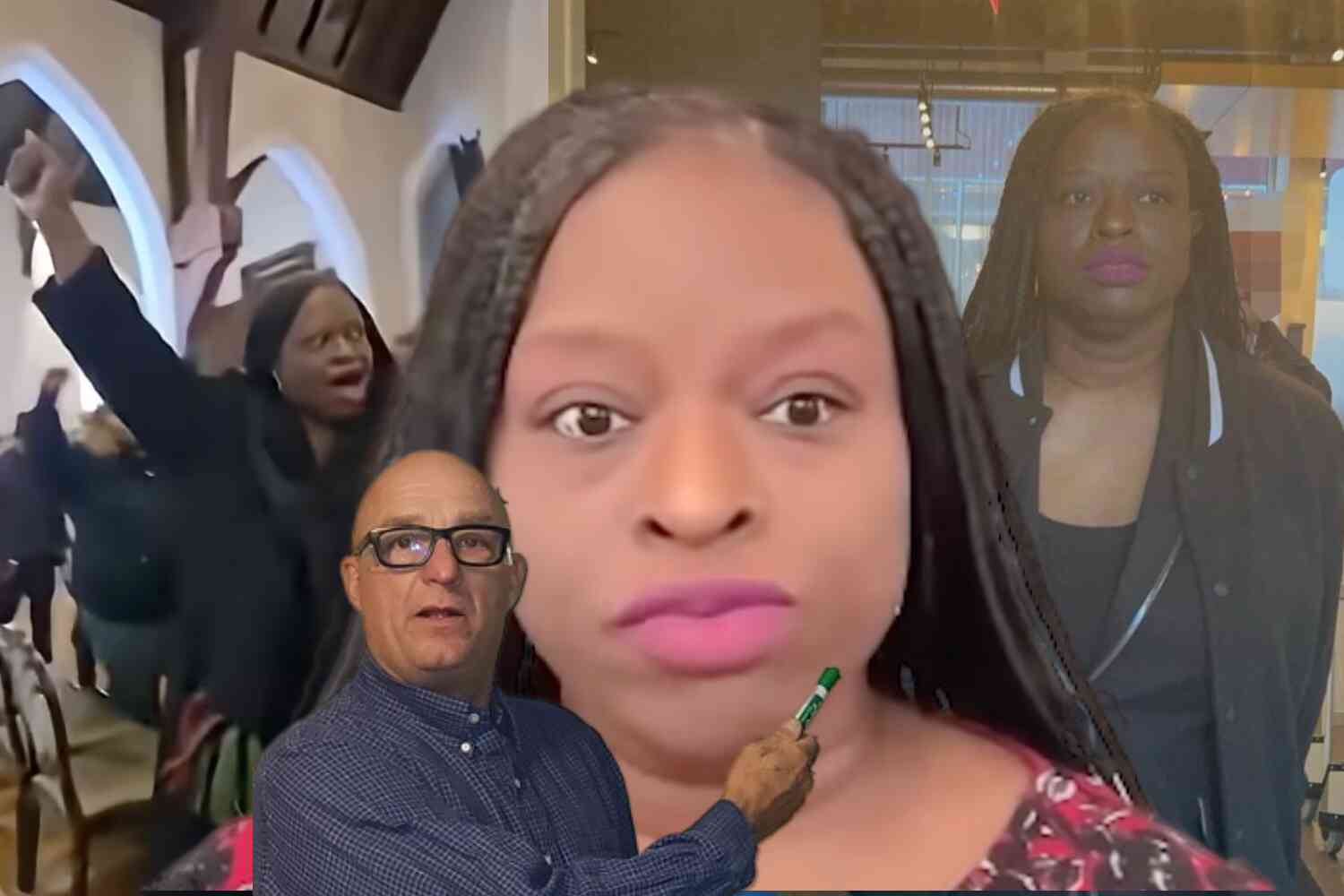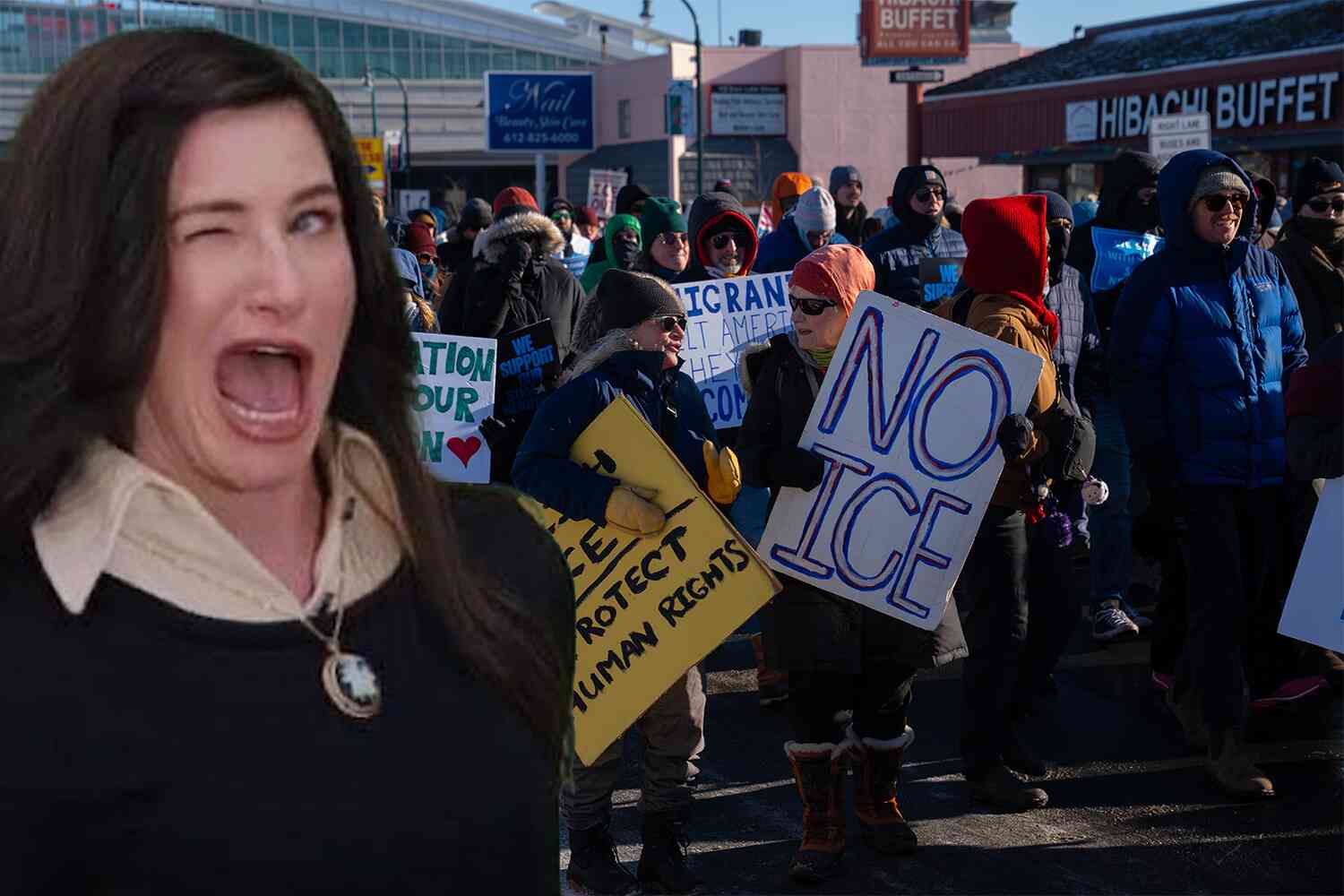As I write this, we are less than a month out from the gritty, dramatic reboot of the classic 1990s Will Smith sitcom "The Fresh Prince of Bel Air." This new iteration will simply be titled "Bel Air." The classic NBC sitcom "Frasier" is also scheduled to get the reboot treatment at some point in the near future, as are the children's shows "Reading Rainbow," "Fraggle Rock" and "The Proud Family."
That's not all. Someone, somehow convinced Warner Brothers to reboot "The Flintstones," and this coming week Hulu will debut the show "How I Met Your Father," a sequel to "How I Met Your Mother," a show which went off the air a whopping eight years ago. Also recently airing—on HBO Max, I think, though I'm not positive and I don't really care—has been the sequel to "Sex and the City," which features Carrie Bradshaw and her gal pals navigating the vicious woke social landscape of 2020s New York City, as if we needed a reminder of what it's like there now.
The problem is not just limited to television. One of the most hotly anticipated movies of 2021 was "The Matrix Resurrections," a quasi-meta reboot/sequel/new entry in the two-decade-old Matrix film series. The biggest movie of 2021 was "Spider-Man: No Way Home," which somehow pulled down $1.6 billion in sales; I find that almost impossible to believe insofar as—to echo the famous liberal journalist Pauline Kael—I only know one person who went and saw it. "No Way Home" was the eighth standalone Spider-Man movie in less than 20 years, as well as the second sequel in the second series of major reboot films of the franchise.
The rest of the year in film was similarly dreary: Of the top 10 highest-grossing films of the year, three of the top five were sequels and/or new entries in an ancient series (in addition to the Spider-Man movie there was a James Bond movie and a new "Fast and Furious" movie). Two of the remaining five films were Marvel; another was a King Kong/Godzilla mashup. Among the other big-splash films of 2021 included a sequel to Eddie Murphy's classic "Coming to America," a reboot of "Home Alone," a sequel to the first two "Ghostbusters" films (one that ignored the 2016 reboot), a "Dune" reboot, and a "Sopranos" prequel.
Are you sensing a pattern?
Our pop cultural landscape has become mired in an endless series of rehashes, reboots, reinterpretations, "re-quels": we're in the era of the re-film, a creative slump in which the most relevant cultural reference points are little more than stale reruns, like three-day-old warmed-over hash.
That's not to say that there aren't original films being made by creative filmmakers today; only that they are, by design, minority players in a market saturated in lazy, nostalgic dirge. Big-budget filmmakers appear to have no desire to produce interesting, dazzling, original works anymore; the dominant impulse in television and filmmaking is one of backwards-looking safety.
That was not always the case; it used to be that the most talented creators and the most gifted talent were all devoted to either telling brand-new stories or telling old stories in new ways. Consider that, in just one single five-year stretch in the early 1980s, the filmgoing public was treated to "E.T.: The Extra-Terrestrial," "Raiders of the Lost Ark," "Back to the Future," "The Empire Strikes Back" and "Ghostbusters." These are touchstone films, the sorts of things that forged a deeply gratifying shared cultural experience among countless Americans, one that continues to echo strongly in the present day.
Forty years from now, do you think people will still be thinking about the CGI-saturated final battle of "Spider-Man: No Way Home" in the same way they still think, forty years later, about the uniquely thrilling bicycle escape scene in "E.T."? Will the interminable 18-wheeler finale in "Fast & Furious 9" still resonate with viewers the way Luke Skywalker and Darth Vader's dark, grim lightsaber fight still resonates today?
Of course not. We are, by-and-large, not producing movies today that are made to last in our hearts and minds. There is something cheaper and more cynical at work here. Filmmakers appear to have abandoned many of the basic principles of good filmmaking; moviegoers, too, generally don't seem to care either way. There is a tremendous cultural and intellectual loss there, one the cost of which will become apparent in the years and decades ahead.
Reversing this decline will require a fair number of talented, ambitious, and integrous filmmakers who know how to make good movies and who know how to sell them to a moviegoing public that has, for one reason or another, turned its face away from good cinema.
Barring that, we can look forward to the next "Fast and Furious" sequel; yes, it's already on the calendar, set to be released in 2023. We can hardly wait.









